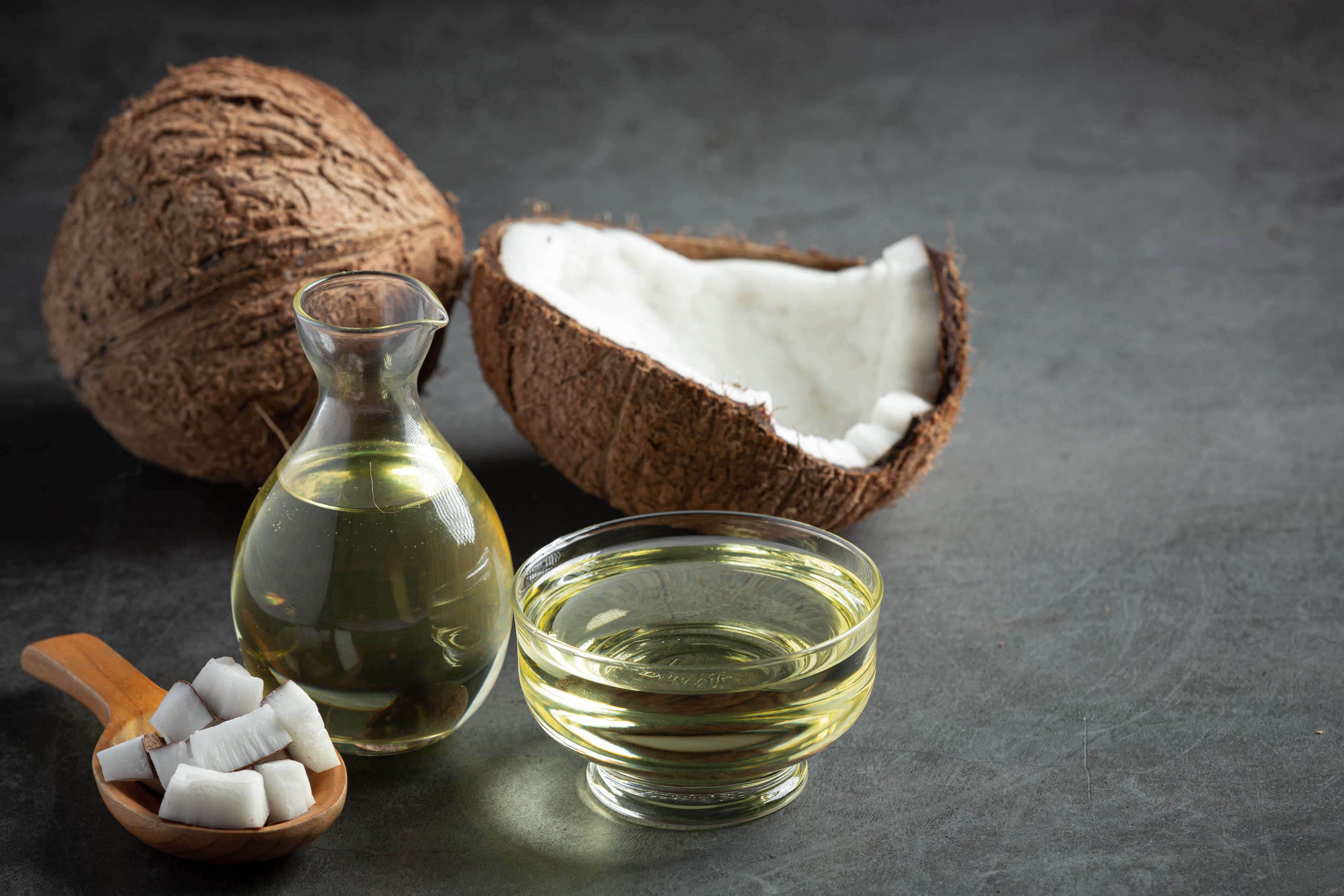Does Coconut Oil Darken Light-Skinned People?
Publish Date: Aug 19, 2025 • Written by: Marketing

If you were on Nigerian Twitter a few weeks ago, you probably saw the coconut oil drama unfold. One side swore coconut oil was the reason their once-bright skin “lost its shine.” The other side argued it was nothing but hydration and glow. The thread had before-and-after photos, heated comments, and enough skincare hot takes to last a lifetime.
There's no one-size-fits-all answer. While many of us cherish the natural remedies provided by coconut oil, it's essential to separate myth from reality. Does coconut oil darken light-skinned people, or is it just a misunderstood beauty staple?
Why This Question Matters in Nigeria
In Nigeria, like most places, skincare is about presentation, confidence, and even social perception. When a product as common as coconut oil becomes part of the complexion conversation, it’s worth breaking down fact from myth.
The “Coconut Oil Darkens Skin” Myth
You might have come across the myth suggesting that coconut oil can darken the skin. This myth is one of the most significant misconceptions. Using coconut oil can reduce skin dryness, combat flakiness, and render the skin soft and supple.
Contrary to darkening, some users have reported that coconut oil has reduced the appearance of uneven skin tone and dark spots. But why do people believe this myth?
- When your skin is deeply hydrated, it reflects light differently, giving it a warmer, slightly deeper look.
- Coconut oil can act like a light-enhancing lens on the skin. Without SPF, UV rays penetrate more easily, accelerating tanning.
- Some coconut oils sold in open markets are mixed with palm kernel oil or other substances that may have pigment-altering effects.
- People trust what they see on their skin. If it looks darker after weeks of use, they’ll link it to the oil, even if other factors (sun, diet, product mixing) are involved.
What Science Says
The fact is, Coconut oil does not increase melanin production. Melanin is what determines how light or dark your skin is, and coconut oil doesn’t trigger its production. Coconut oil is:
- Known for its antimicrobial and soothing properties due to the presence of lactic acid in its content
- A powerful antioxidant that protects and repairs skin
- Locking in hydration and preventing dryness by creating a moisture barrier:
When used under intense sun without SPF, coconut oil can make the skin look darker temporarily due to tanning, not because it’s changing your natural color.
How to Use Coconut Oil Effectively
If you want to enjoy coconut oil without unwanted tone changes, here’s your safe-use guide:
1. Use it at night. Apply after cleansing at night to let it nourish your skin while you sleep, away from sunlight.
2. Use with SPF in the Day. If you must use it in the daytime, layer sunscreen on top. Nigeria’s UV index is no joke.
3. Use Authentic, Cold-Pressed Coconut Oil. Skip generic market blends. Authentic coconut oil is pure and doesn’t have pigment-altering additives.
4. Mix for Lighter Wear Blend with lighter oils like jojoba or almond oil if you prefer a less heavy feel.
5. Know Your Skin Type. If you have acne-prone skin, coconut oil may clog pores; opt for patch testing first.
Conclusion
Coconut oil is one of nature’s best moisturisers. If your skin looks darker after using it, chances are it’s the combination of moisture glow and sun exposure, not the oil itself, altering your skin tone. If you want to keep your light complexion even and healthy:
- Use coconut oil at night or with SPF in the day.
- Invest in authentic, cold-pressed coconut oil.
- Be consistent with sun protection.
We only stock authentic, dermatologist-approved coconut oil and SPF products, so you can enjoy the benefits of coconut oil without the myths or risks. Shop authentic skincare now